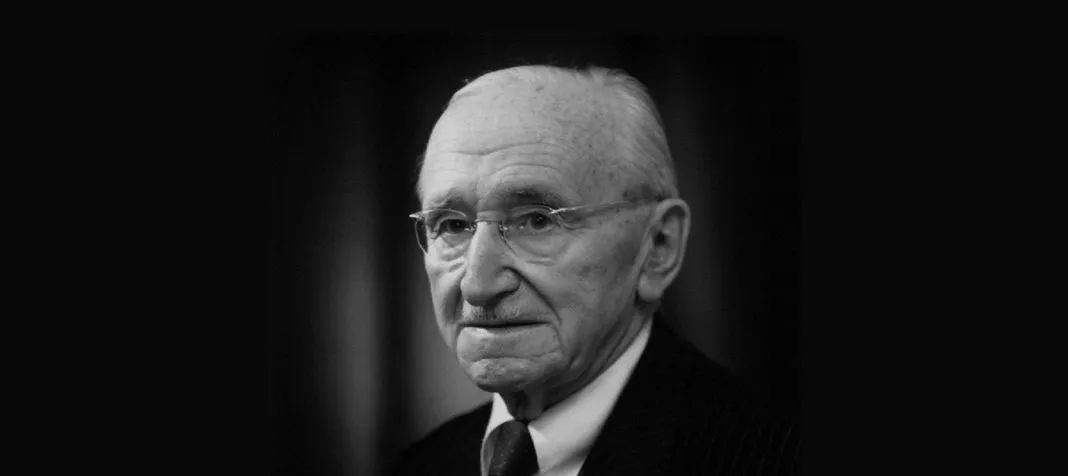Hello everyone, today we will talk about the third question of the philosophy competition area: "Should I be held responsible for what I believe?" ( Should I be held responsible for what I believe? )
Taking Responsibility for Faith: A Philosophical Perspective
From the perspective of philosophy, especially political philosophy, everyone is responsible for their own beliefs, because a person's beliefs will affect their own values and behavior. Liberal philosophers such as Mill and Locke believed that freedom of speech and belief are basic human rights. Individuals have the right to choose their own beliefs, but they must also be responsible for it, because wrong beliefs may have negative consequences.
For example, although the Nazis had freedom of belief, their extreme racist beliefs led to crimes against humanity, so they must be held responsible for this.
Hayek's theory of spontaneous order also believes that in a free society, individuals taking responsibility for their own beliefs can help form a benign social order.

In this case, how do we explain the "responsibility for faith" we are talking about regarding this issue? The faith here refers to a belief, a worldview or values that we believe in, or a guiding idea for our behavior?
The specific connotation of "Be held responsible"
Regarding this issue, a strategy that can simplify the problem is to argue that the word "responsible" in the title mainly means that individuals are responsible for the consequences of the specific actions they take because of their beliefs, rather than being responsible for the beliefs themselves.
Freedom of belief should be protected, but everyone must be responsible for their own specific actions.
Specifically, individuals are responsible for "actions taken based on beliefs and their consequences" but are not responsible for "the abstract beliefs themselves."
Is my belief voluntary?
When there is a conflict between our belief and our behavior, in addition to presupposing that our belief is higher than our behavior, we can also discuss whether it is our belief that should be shaken.
From the perspective of identity construction, belief is an important part of identity. In the process of forming self-identity, individuals will actively adopt certain beliefs to strengthen their sense of identity, such as becoming a fanatical football fan, believing in certain extremist ideas, etc.
But identity itself is a product of social construction. Social power structures dictate the types of identities available for selection and dominate the production of identity meanings. Individuals seem to choose their own beliefs, but in fact they are copying society's existing identity templates.
From the perspective of power dynamics, groups at the center of power can dominate social ideology and discourse systems, and internalize mainstream values into individual beliefs through education, media, culture, etc. Groups on the margins are more likely to form alternative or even antagonistic beliefs.
Therefore, the formation of belief is not only influenced by individual subjective initiative, but also deeply restricted by the social power structure. It is the result of the joint action of personal will and social discipline. In the context of liberal individualism, individuals are primarily responsible for their own beliefs. Collectives such as the state and communities cannot assume responsibility on behalf of individuals. This is because modern society emphasizes that individuals are independent moral subjects and have the right and obligation to choose their own beliefs.







no comments
To post a comment you must firstlog in